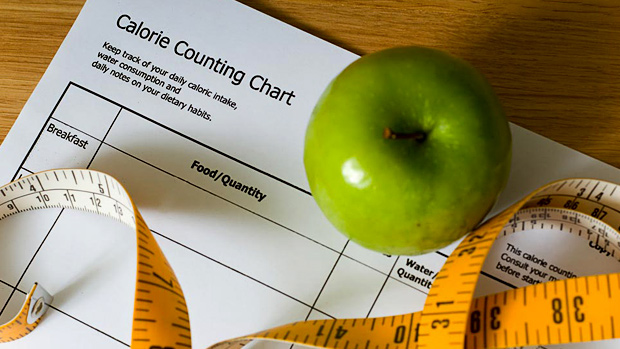Introduction
Although numbers can be the greatest guide, they can also harm your progress in the long run. If you always count the calories in your food, you won’t enjoy your meals as much as you used to enjoy them. They will appear as numbers and percentages rather than tasty cuisines. We have Matthew Davies with us today to brief us further on this topic and educate us on the topic of being overtly logistic. It’s ok to let go once in a while and enjoy food as it was meant to be.
The Reasons
Here are some reasons why you should not count calories –
- Labels Lie – The labels on food items can be a lie. A recent survey revealed that the numbers mentioned in the labels can have an error margin of up to 20%. Coupled with the long-term usage, these numbers can severely affect your overall health.
This doesn’t mean you should start doubting every packaged food out there. All I am saying is that you should not trust manufacturers blindly and consult a nutritionist before opting to grab a bite.
- Every individual is different – The basal metabolic rate varies from one individual to another. There are two ways in which you can measure the calorie intake of your body. There is direct calorimetry and indirect calorimetry. In the diet process, you would have to be connected to a very expensive piece of machinery, over a prolonged period. This device measures your oxygen and carbon dioxide exchange rates and determines your metabolism.
Unless you’ve undergone this process, it is wise not to trust indirect calorimetry as it can have several flaws. There is a typical chart for calorie intake, a standard value across all ages, shapes, and sizes, but they are just approximations.
So, you shouldn’t let some chart or app determine your food intake. If you feel suffocated with your current diet, remember that these are all just approximations and they shouldn’t determine how much you should eat or drink.
- Disruption of your Biological Clock – Human beings are born with certain biological cues. When we feel sad, we cry, when we feel depressed, we tend to recluse ourselves. These reactions aren’t taught to us, we are simply born with them.
Similarly, hunger is an important biological cue. The type of food we eat affects our mood and mental stability. Studies show that when we’re bored or hungry or stressed out, we tend to opt for different kinds of food. Conditioning your body to respond inappropriately to different cues can be detrimental to your mental health.
When you’re counting calories, you would have to meet a daily quota. Suppose you haven’t met that quota and are being forced to eat just to keep the numbers in check. Such mental conditioning is harmful, as it tells your mind that you’re eating when you don’t want to. If prolonged, this can develop into a habit, stripping you of any interest that you have towards food.
Conclusion
We live in a very health-conscious world. You may desire an attractive physique but ask yourself how far you are willing to go to achieve it. Matthew Davies says that eyeballing such numbers will affect your body in the long run. So, make sure to do such experiments under close supervision. Stay safe and eat healthily.

